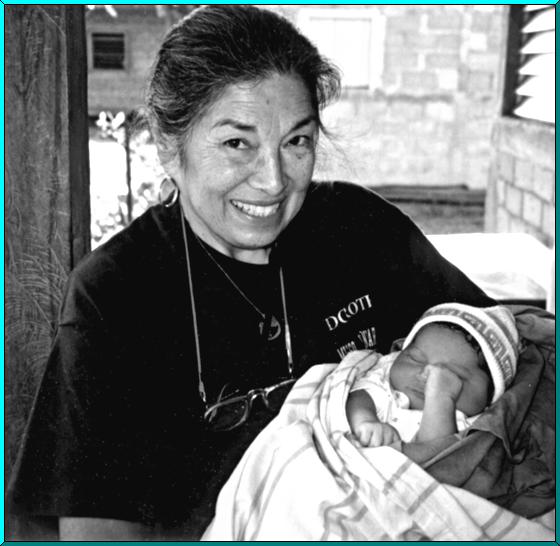
U.S. NURSE WINS FIGHT TO STAY IN NICARAGUA
For Immediate Release
February 6, 2001
Contact: Jill Winegardner, Gerry Condon
831/ 768-7004, 831/ 768-1556
U.S. NURSE WINS LEGAL VICTORY IN NICARAGUA
PRESS ADVISORY
February 5, 2001
Contact: Jill Winegardner, Gerry Condon
831/ 768-7004, 831/ 768-1556
U.S. CONGRESS TO NICARAGUAN PRESIDENT: “HANDS OFF DOROTHY GRANADA”
For Immediate Release
February 2, 2001
Contact: Jill Winegardner, Gerry Condon
831/ 768-7004, 831/ 768-1556
Return to the Main Page by clicking on Dot's pic below:
